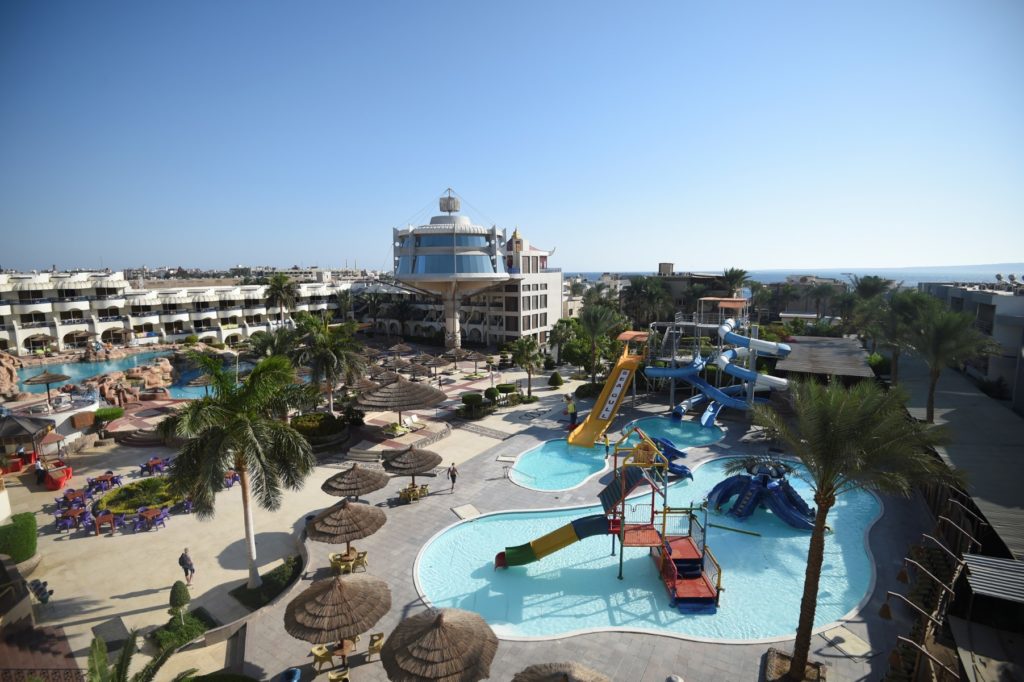Cairo – The Egyptian government is working to speed up tourism development and take full advantage of this segment for the country’s economy, as it’s key to getting foreign currency and boosting Egypt’s dollar revenues. The country has a great potential and reputation as a global tourist destination.
Last week Egypt’s prime minister Mostafa Madbouly had two meetings with investors to forge a long-term policy for the sector. The government plans on creating the necessary conditions to increase the number of hotel rooms and make funds and incentives available to attract local and foreign investors. The goal is to increase the number of rooms by 40,000 to 50,000 new units a year in the following five years. The government is making this a strategy to attract 30 million tourists a year.
The prime minister said the government is open to new ideas and proposals from investors in order to make a qualitative leap in the sector. Madbouly mentioned an agreement with the Ministry of Aviation to deliver the highest number of low-cost aircraft as possible, which is a demand that has been made repeatedly for the development of Egypt as a tourist destination.

Madbouly said the government has several ideas to increase vacancies in hotels. First, using public buildings that’ll be unoccupied following the move to the new administrative capital city, turning them into hotels. Second, establishing a partnership with tourism investors, where the state will take care of construction, while investors will take fully care of the management and marketing. According to him, construction will be done according to the projects put forward by investors and then the ownership would be transferred to investors that choose so, as per previously set conditions.
On the other hand, Federation of Tourism Chambers chair Ahmed Al-Wasif said the tourism industry may achieve the government’s goals. He pointed out that a work will be carried out with foreign partners to diversify the range of tourist attractions. He added that the idea of using unoccupied government buildings for hotel investment will also be studied.
Al-Wasif also presented a series of challenges faced by tourism investors regarding funding or the unification of government taxes. He said investment incentives that have been made available by the government recently will be welcomed by the sector.
Investors that participated in the meeting mentioned the need for new measures that facilitate the obtaining of licenses, given the growth in the number of tourism-related buildings. On the other hand, they emphasized that the participation of foreign investors is much needed, as competitiveness boosts quality.
Egypt’s Tourism and Antiquities minister Ahmed Issa said an incentive package has been developed for the sector, which is expected to meet the goals set by the government.
Translated by Georgette Merkhan & Guilherme Miranda




